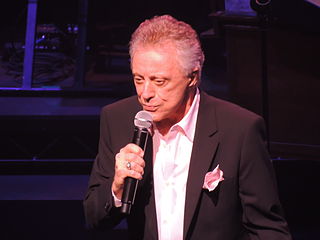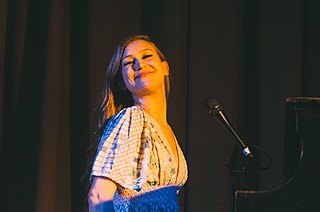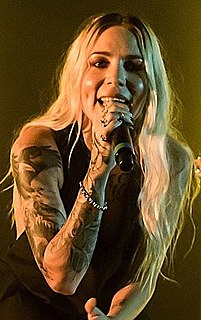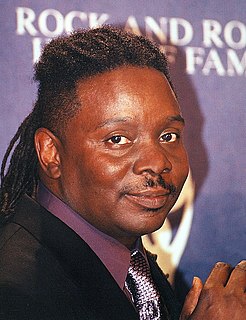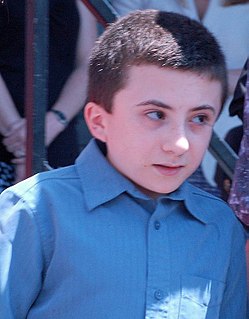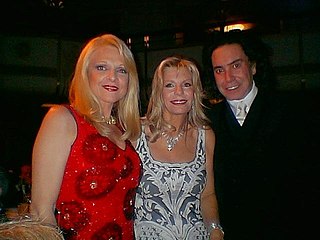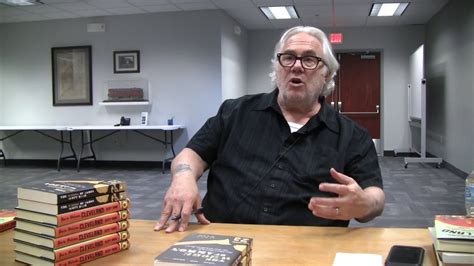A Quote by Frankie Valli
I thought everybody had falsetto. And since I wasn't a schooled singer who studied with anybody, I just thought anybody who had a voice could do anything they wanted with their voice.
Related Quotes
I founded 'Point Hope' so that I could accomplish some things I wanted to do for children who had no one to advocate for them, children who had no voice. Since I have been blessed with a voice on the radio each night, I thought I would use my celebrity position and my financial resources to help these kids.
This is a story about four people named Everybody, Somebody, Anybody and Nobody. There was an important job to do and Everybody was asked to do it. Everybody was sure Somebody would do it. Anybody could have done it, but Nobody did it. Somebody got angry because it was Everybody’s job. Everybody thought Anybody would do it, but Nobody realized that Everybody wouldn’t do it. It ended up that Everybody blamed Somebody when Nobody did what Anybody could have done.
I'm a natural baritone, so I had challenges in that middle range, which would be that tenor area, singing in my natural voice. And I worked on that. But basically the falsetto thing, I didn't even know it was a falsetto until a music teacher commented on it, that I had a very nice falsetto. I didn't even know what it was. I said, 'Oh, OK.'
My mom thought I might be good for voiceover. She thought I had a cute voice, so maybe I could do a cartoon or something. And while we were looking into that, we also thought I should get into theater acting, so I tried it and the first audition I went on, I booked it. And it kind of just snowballed from there.
I would very honestly just tell you that what I tried to do was simply respond to inquiries from people as they came in. Where I've thought I could say something useful, I've tried to add a voice that was, frankly, a dissident voice earlier on, but one that I think has become a more mainstream voice-and not because I've shifted. I think that the critique I had of what was going on in our financial system from six, eight years ago-after seeing some of what we've suffered through and even since the cataclysm itself-in terms of the structural changes.
The crying sounded even louder out of doors. It was as if all the pain in the world had found a voice. Yet had I known such pain was in the next room, and had it been dumb, I believe—I have thought since—I could have stood it well enough. It is when suffering finds a voice and sets our nerves quivering that this pity comes troubling us. But in spite of the brilliant sunlight and the green fans of the trees waving in the soothing sea-breeze, the world was a confusion, blurred with drifting black and red phantasms, until I was out of earshot of the house in the stone wall.
